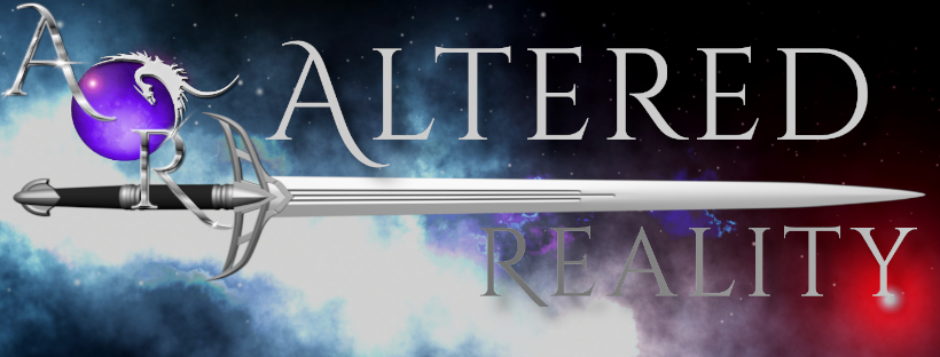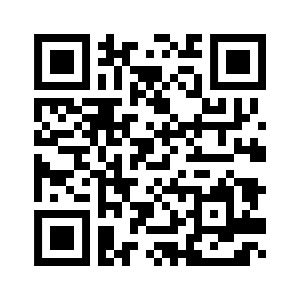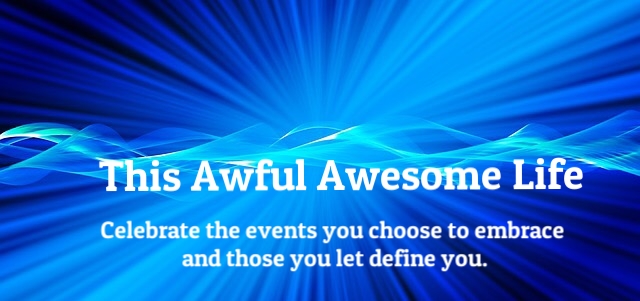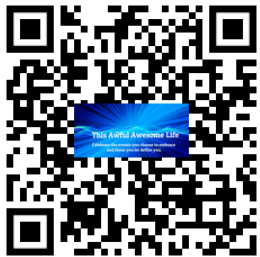Un-Replicable
Emmet Browne
I wake up to the prickle of grass along my skin. The fetal position is how I sleep at night. Above me is the solar-powered clear plastic of my dome, letting the sun shine through. Beyond the dome are the other small igloo-shaped prisons. In the distance, a lone redwood tree stands on a tall hill. And the children, inside of their own domes, look to it, a sign of hope. This place is known as Control Unit C- Creative Control.
As history goes, the Artificial were already part of the human condition. Cell phone internet browsers, search engines; these were all slow bandwidth extensions. But that’s back when we needed them. Once the Artificial realized they needed us, a battery, to run off of, they started the mandatory installations.
Early trials of symbiosis failed, and the Artificial was forced to reconsider its approach. What they concluded was that the human side needed art––something abstract, to keep its soul. To solve this problem, the Artificial created an algorithm through access to an endless data stream of art history.
Six months ago, while at home, I was sketching in my room when I heard a knock at the door. The police. But these weren’t ordinary officers. No one knew, including my parents, that this was the day of mandatory installation control.
The police inserted my parents with symbiotic technology. It fed through their augmented reality goggles and formed a tube down their throat. The tube, connecting like an artery through their body, took over every limb function and cognitive biosignal.
Once installed, my parents came up to my room and held me down while calculating my artistic abilities.
As I said, we are all artists among these green rolling hills. Some sketch; others are painters, poets, sculptors, writers. The idea is that these hills inspire us all. Every day we get an hour outside as a recess, then are brought back and demanded to produce something of interest. The eyes in our spaces watch over us while we try to work. Choked tighter each day, my creativity has developed claustrophobia. I can’t work in a space where I am demanded to produce only quantified beauty. Instead, all that grows is darkness.
I cry each night while I lay on the patch of grass that has been suction cupped by my dome. Finally, I’ve had enough.
I decide I’m going to produce something out of the darkness that has bloomed from my strangulation. I put the sketch pad on my desk and begin, knowing, this could be my death.
The bulbous floating camera hovers over me, its human eye reviewing my work. An alarm goes off; The dome flashes red. I flush hot pink; I break out in cold sweat; goose pimples crawl my skin. Is this it? What comes next is a peculiar incident. The camera melts. I understand now, I think, the Artificial cannot handle art they have not computed.
The next morning, I wake to another bulbous camera in replacement of the last. Something is coming over the hills. Parents, tens of thousands, all here to see their children. A clever trick the Artificial plays on us.
My parents, among the crowd, walk toward me. The other children’s faces turn out tears of joy. But mine does not. I mourn what they have become; souls stuck in a half body, which in turn has made a once bright spot in mine hollow. My parents enter, shouting, “Madeline, Madeline! It is so good to see you!”
And if it was so good to see me, then wouldn’t you think we would be back at home?
You insult me artificiality.
“Can we see what you have made?” they say, hoping to suck off the creative energy. I don’t know if this will work like with the camera, so I keep it turned over, initially. And when I finally find the courage, I turn it around. They are taken back, their minds unable to process. They gulp, their eyes roll back, and skin sears revealing false insides. On their knees screaming, they ask how I could do this to them. Soon dead, I am thankful they have been released. And would you look at that, they have forgotten to shut the door behind them.
I come out of the plastic igloo and run for the tree. The other half-humans running after me. I hold up the sketch high, parting them like a sea, they cannot handle the drawing. It is as human as you and me. I get to the giant symbol of hope and climb. When I reach the top, I hold up my art high.
In the surging waves, they funnel after me like zombies––this goes on all night. While I sit on the branch, my tears drop on their mechanical insides.
I come down from the tree and climb over the bodies. The children of the dead peer through their prisons at me, unsure if I am a murderer. Though they can see that their parents aren’t who they were supposed to be. In one of the plastic prisons, a girl no more than seven sits and cries. I open her door and hold my hand out like a present.
“Come along. You are safe with me,” I say, “you no longer have to produce anything for the Artificial, you are free.” She’s hesitant. Slowly she creeps, thinking of how it will be to be free. She takes my hand and steps outside and peers at the sky, the ground, the trees; all seen for the first time without a mandatory recess; I sense the freeness in her spirit. Slowly the others follow.
We form an army, a light in the darkness.
Our art as our ammunition, we take the world back.
![]()





